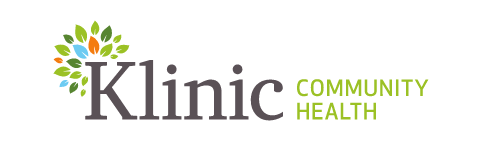Building a Support System

Trauma, especially trauma that involved abuse or violence, can affect our relationships and the way we interact with people. It can impact how comfortable we are in approaching people, even people who could be potentially very helpful. Trusting others and allowing ourselves to be vulnerable can feel to exposed. We might be wary of people getting too close, physically and emotionally, and letting people get to know us. Trauma can disrupt our connection with people and yet feeling a connection with others is so very important to recovery and our health and wellness. This can be a real challenge for many people affected by trauma.
Part of your recovery will likely require strengthening and using a personal support system. This might feel risky and it is, however being with people who care about us and are connected to us is essential for our well being. We thrive when supported by a circle of nurturing people and we never outgrow our need for positive human contact. Everyone needs and wants to be seen, heard and understood. Traumatic events can however sometimes leave a person feeling that they want to be invisible, to go unnoticed, too disappear into the woodwork, this might feel safer but it is not good for our wellbeing.
You build a support system at your own pace, in a way that feels right and safe for you. Making new connections or making existing connections deeper and more meaningful will likely feel uncomfortable. Building new relationships is always uncomfortable at first. Think of this discomfort like growing pains, it means something is shifting and changing. However if you begin to feel overwhelmed and feel like fleeing, fighting or become immobilized with fear that’s when it’s time to take a step back and slow down.
Once you have decided you want to build or expand your support system consider those in your life who you might already use for support and with whom you already feel some degree of safety. They might be family members, friends, co workers, neighbors, or people with whom you go to school or attend religious services. Who are the people who comfort and reassure you, or who seem like they might have that ability? Sometimes we miss the signs that someone cares and are truly interested in us, so it might mean allowing yourself to be open to that possibility.
A support system can include mentors, people who can guide, teach and challenge us in respectful, compassionate ways. They might be teachers, spiritual leaders or spiritual advisors, elders and cultural leaders. A support system might and can also include professionals such as family physicians, nurses and other health care providers, mental health workers, psychiatrists, psychologists, EAP (Employee Assistance Program) counsellors and many others. Most communities in Canada have distress line/crisis lines. These phone lines offer free, confidential counselling and support from trained staff and volunteers. These phone line supports are not only confidential they can also be used anonymously, you do not have to give your name. Phone line counsellors are compassionate, caring people and for many it is a safe place to start when reaching out for help. Phone line counsellors can help you identify your feelings, your needs, your strengths and explore ways to better communicate them to others such as family and friends. Counsellors can also help you find other resources in your community. Foe information on distress/crisis lines in your community visit www.suicideprevention.ca .
There is no how to manual that lays out a series of steps that you should follow to build a support system. As already mentioned it does involve some risk taking, some trial and error, back and forth and give and take. Knowing we are all in the same boat, that we all struggle, are afraid, are imperfect, have pain and experience doubt, can sometimes make it a bit easier to take those risks.
Next: Supporting Family & Friends Affected by Trauma >


